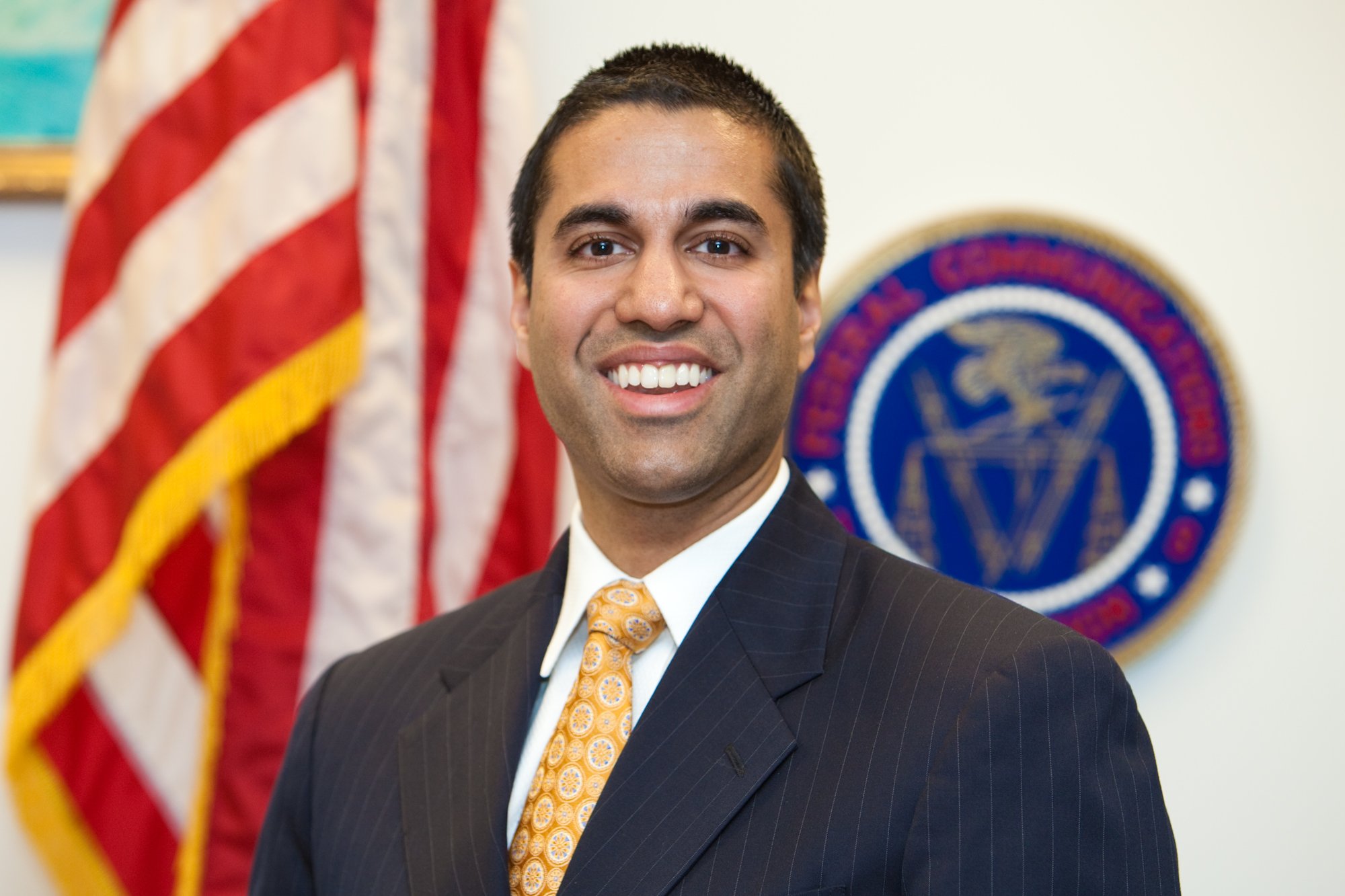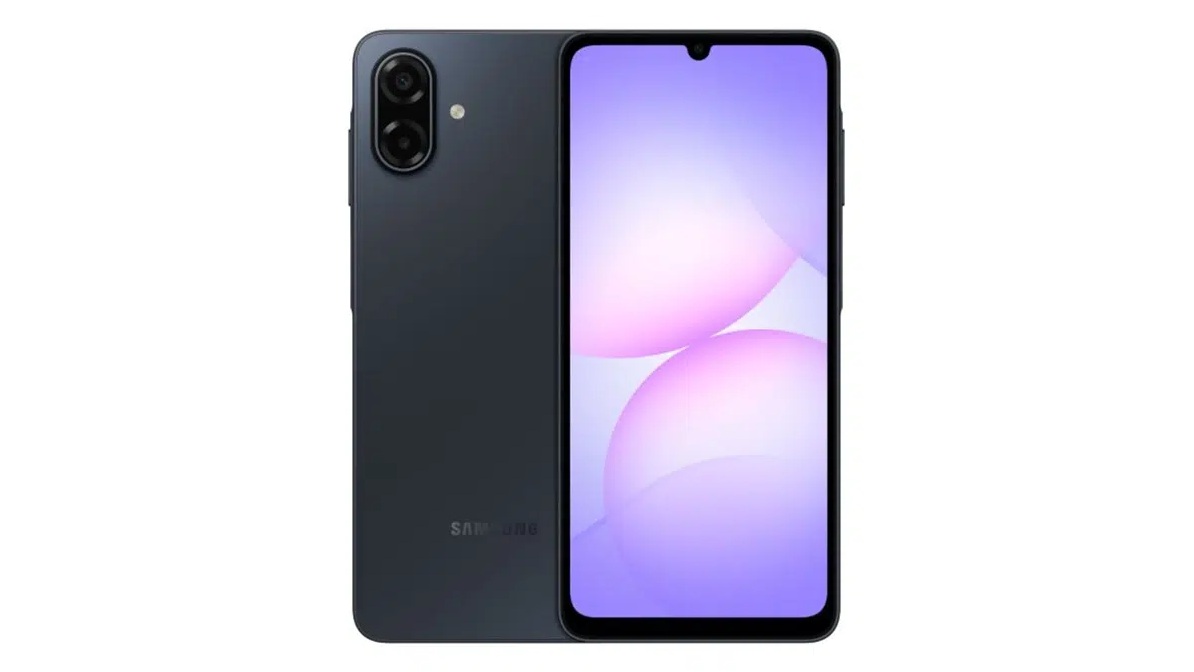The FCC's plan to end net neutrality is here, and the fight is going to get ugly

Get the latest news from Android Central, your trusted companion in the world of Android
You are now subscribed
Your newsletter sign-up was successful
This week, the FCC, America's telecom regulator, announced its intention to bring about the end of net neutrality in an official sense, removing the Title II classification that has been bestowed upon the Internet and its service providers since the decision was made in 2015 to do so.
In a speech, Ajit Pai, a former FCC Commissioner under Chairman Tom Wheeler and, under President Trump, Chairman of a tonally different regulator, laid his plan to claw back the consumer protections enabled by Title II. In short, net neutrality prevents Internet service providers from differentiating the type of traffic going across its pipes, both wired and wireless, abrogating the use of "fast lanes" for content providers that choose to pay for it.
In his speech, Pai said that Title II classification was put forth as a way for the FCC at the time to assert power and prove its independence, and that it has hurt innovation and, in turn, consumers. "So what happened after the Commission adopted Title II? Sure enough, infrastructure investment declined. Among our nation's 12 largest Internet service providers, domestic broadband capital expenditures decreased by 5.6% percent, or $3.6 billion, between 2014 and 2016, the first two years of the Title II era. This decline is extremely unusual. It is the first time that such investment has declined outside of a recession in the Internet era," he said.
Removing Title II classification from Internet traffic will have the following advantages, according to Pai:
- It will bring high-speed Internet access to more Americans
- It will create jobs
- It will boost competition
- It is the best path toward protecting Americans' online privacy
ISPs have put up roadblocks for consumers when given the opportunity.
But opponents of the repeal say that there is no reason to remove the classification, and that competition amongst the U.S. service providers has thrived since the change. The FCC claims that it should not be able to "micromanage" the Internet and has come out against forcing service providers to stop zero-rating programs like T-Mobile Binge On or AT&T's Sponsored Data, which it says promotes a healthy marketplace and provides greater choice to consumers.
In an interview with Reason.com, a libertarian resource, Pai said that "we were not living in a digital dystopia in the years leading up to 2015. By contrast, actually, the commercialization of the internet in the 1990s up to 2015 represented I think the ... one of the most incredible free market innovations in history. With light touch regulation, broadband providers spent 1.5 trillion dollars on infrastructure. Companies like Google and Facebook and Netflix became household names precisely because we didn't have the government micromanaging how the internet would operate. That Clinton-era framework is something I think served us well and going forward I hope it continues to serve us well."
"These rules, Title II rules were designed to regulate Ma Bell, and the promise with Ma Bell, the deal with the government was, we'll give you a monopoly as long as you give universal service to the country. As a result, for decades, we didn't see innovation in the network we didn't see innovation in phones and it's when you have a competitive marketplace and you let go of that impulse to regulate everything preemptively, that you finally get to see more of a competitive environment."
But ISPs have put up roadblocks for consumers when given the opportunity. One only needs to look at the lawsuits levelled at AT&T and Verizon around their old unlimited plans, which were silently throttled after a particular data cap was hit. These days, those unlimited plans make it very clear when throttling will come into effect. On the broadband side, Verizon was sued by the City of New York for not following through with its contractual commitment to provide Fios access to all New Yorkers.
Get the latest news from Android Central, your trusted companion in the world of Android
It's no surprise that the big U.S. carriers support the decision to remove Title II classification.
Pai says that he isn't opposed to net neutrality itself, just a heavy regulatory hand overseeing internet service providers that could limit customer choice and, in turn, competition. He thinks that Title I classification, which was established for broadband providers in the Clinton era, is the right compromise, and that under his proposal he would encourage, but not force, ISPs to follow net neutrality rules by codifying them in their terms of service — which could be easily changed, even retroactively, without informing consumers. It's no surprise that U.S. ISPs are already coming out in support of such a change.
Verizon issued a statement saying that, while it supports net neutrality, "[it] also supports Chairman Pai's proposal to roll back Title II utility regulation on broadband. Title II (or public utility regulation) is the wrong way to ensure net neutrality; it undermines investment, reduces jobs and stifles innovative new services. And by locking in current practices and players, it actually discourages the increased competition consumers are demanding."
Sprint said something similar:
"Sprint has always supported an open internet and will continue to do so. We recognize that our customers demand access to the content, applications, and devices of their choice and as a competitive wireless carrier, we always strive to meet our customers' needs."Chairman Pai's proposed rulemaking provides an opportunity for all stakeholders to share their views and work with the FCC to remove uncertainties and refine the rules that protect and ensure an open internet. Sprint believes that competition provides the best protection to consumers. Promoting robust competition and ensuring consumers have real choice among competing internet providers is the best way for the FCC to achieve its open internet objectives. Sprint looks forward to working with the FCC, consumers, and content providers towards that end."
T-Mobile and AT&T haven't yet issued comments, but have both previously come out in support of the reclassification. A group of companies, including Facebook and Google, oppose the change, and have previously filed briefs with the FCC to that effect.
The next step for Pai is to publish the full proposal and then put the Commission itself to a vote on May 18th. If approved, the FCC will open the proposal up to public debate before codification later in the year.

Daniel Bader was a former Android Central Editor-in-Chief and Executive Editor for iMore and Windows Central.
